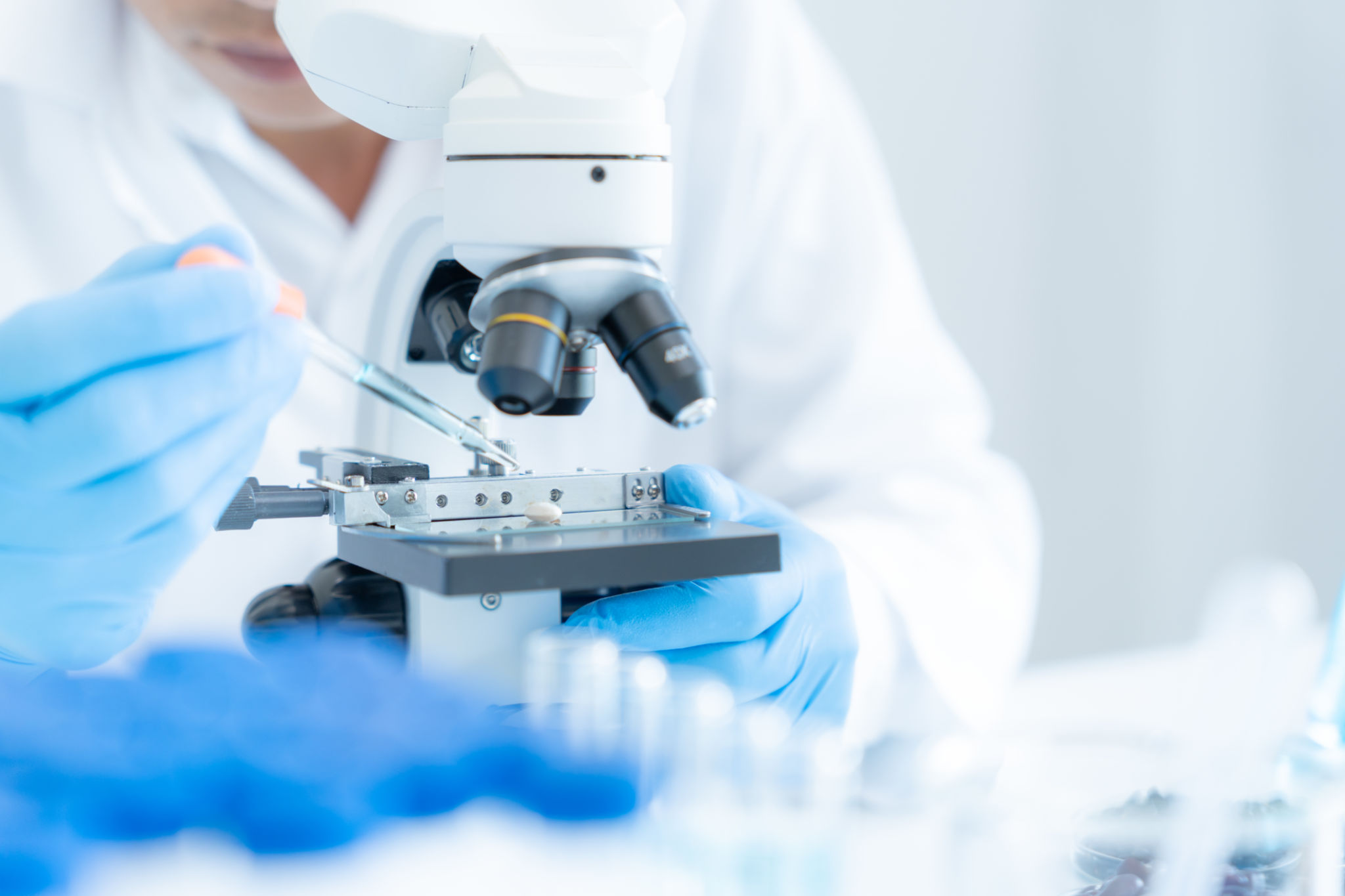Debunking Common Myths About Biotechnology and Health
Understanding Biotechnology's Role in Health
Biotechnology is often surrounded by misconceptions, especially when it comes to its application in health and medicine. These myths can lead to misunderstandings about the potential and safety of biotechnological advancements. In this article, we aim to shed light on some of these common myths and provide clarity on how biotechnology truly impacts our health.
One prevalent myth is that biotechnology is a new and untested field. In reality, biotechnology has been around for centuries, with early forms such as fermentation processes used in brewing and baking. Modern biotechnology, however, has evolved to include advanced techniques like genetic engineering and molecular biology, which are thoroughly tested and regulated.

Myth: Biotechnology Is Unsafe for Human Use
A common concern is the safety of biotechnological products and procedures. It's important to understand that any biotechnological product intended for human use undergoes rigorous testing and evaluation by regulatory bodies such as the FDA or EMA. These products are subjected to extensive clinical trials to ensure their safety and efficacy before they are made available to the public.
The fear that genetically modified organisms (GMOs) are harmful is another aspect of this myth. Scientific studies have consistently shown that GMOs are safe for consumption. They are developed under strict guidelines to ensure they do not pose health risks, providing benefits such as improved nutritional content and resistance to pests and diseases.
Myth: Biotechnology Only Benefits Large Corporations
There is a belief that the advantages of biotechnology are limited to large corporations, leaving little benefit for individuals or small-scale farmers. Contrary to this myth, biotechnology has had profound impacts on smallholder farmers by providing crops that are more resilient to environmental challenges, ultimately improving food security and increasing incomes in developing regions.

Moreover, biotechnology has led to the development of personalized medicine, which tailors treatments to individual genetic profiles. This revolutionizes healthcare by offering more effective and targeted therapies, reducing side effects, and improving patient outcomes.
Myth: Biotechnology Is Only About Genetic Modification
While genetic modification is a significant aspect of biotechnology, it is not the only application. Biotechnology encompasses a broad range of techniques, including tissue engineering, bioinformatics, and synthetic biology. Each of these fields contributes to advancements in medical research, agricultural development, and environmental protection.

For example, tissue engineering has the potential to regenerate damaged tissues, offering hope for patients with chronic illnesses or those requiring organ transplants. Bioinformatics plays a crucial role in analyzing complex biological data, aiding in the understanding of diseases at a molecular level.
Myth: Biotechnology Harms the Environment
There is a misconception that biotechnology poses a threat to the environment. On the contrary, biotechnology can contribute positively to environmental sustainability. Biotechnological innovations lead to the development of biofuels and biodegradable materials, reducing reliance on fossil fuels and plastic pollution.
Additionally, genetically modified crops require fewer chemical inputs like pesticides and fertilizers, which can lessen the ecological footprint of agriculture. This not only enhances environmental health but also supports biodiversity conservation by minimizing habitat disruption.
Conclusion
The myths surrounding biotechnology can create unnecessary fear and resistance to its adoption. By understanding the facts about biotechnology's applications in health and beyond, we can appreciate its potential to address some of the world's most pressing challenges. Embracing these innovations responsibly can lead to a healthier future for us all.
